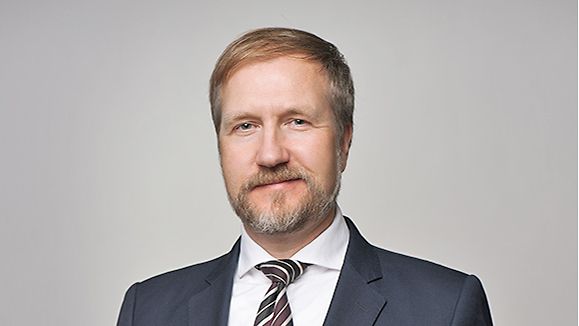Creating a Renewable Energy-based Supply Structure
Central to Germany's Energy Concept is the need to transform the existing centralized, load-optimized system to a decentralized, intelligent load and supply-oriented energy supply structure.
Renewable energy sources are privileged within the legislative framework of the Renewable Energy Act (2000) and the Combined Heat and Power Act (2000). Reliability of supply, fair pricing and protection of the environment are the three pillars underpinning the Renewable Energy Act. Power grid owners are obliged to access energy from suppliers producing from renewable sources and to purchase at specified minimum rates.

Electricity Supply - The Importance of Renewable Energy Resources
The shape and nature of future electricity supply is a matter of major global importance. Germany has been quick to take the lead in addressing the challenges of long-term sustainable energy supply, with the country's Energy Concept representing a market-driven, technology-neutral framework which will transform energy supply.
Energy storage technologies which effectively manage energy surpluses - and renewable energy surpluses in particular - are accordingly a major priority on the global energy agenda. Alone in Germany, the share of renewable energy and natural gas resources used in electricity generation has increased significantly over the past decade. Wind-produced energy already outperforms nuclear power in terms of installed capacity.


